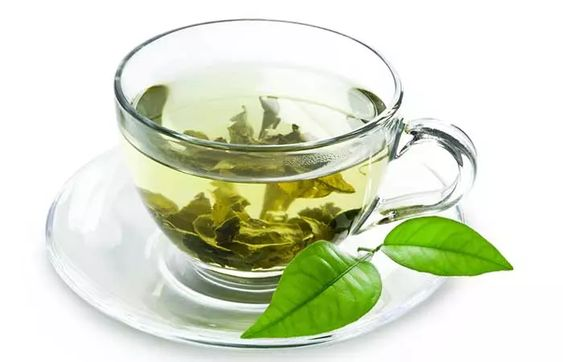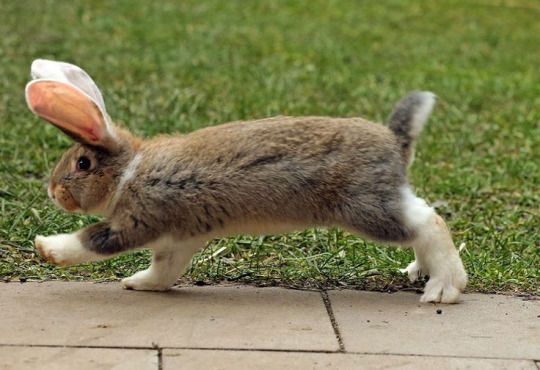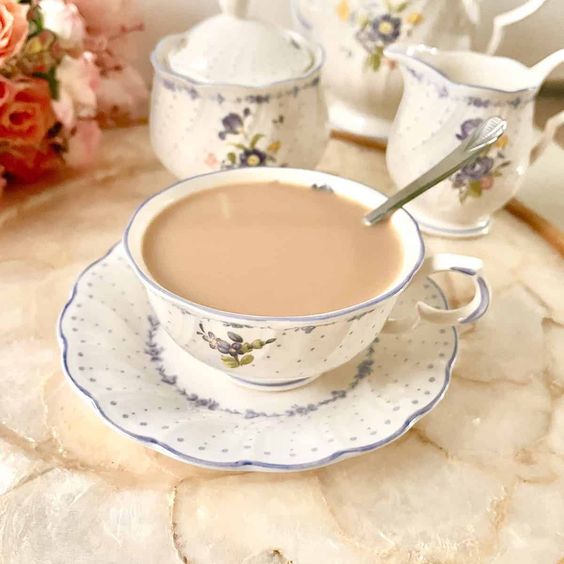
How Much Caffeine is in Green Tea? A Complete Overview
How Much Caffeine is in Green Tea
Caffeine, a natural stimulant found in various plants, is present in green tea but in smaller amounts compared to coffee and black tea. Green tea offers a gentler lift due to its lower caffeine content, combined with L-theanine, an amino acid that promotes relaxation and reduces the jittery effects of caffeine.
Factors Influencing Caffeine Content in Green Tea
Several factors affect the caffeine content of green tea:
Type of Green Tea
Different types of green tea have varying caffeine levels:
- Matcha: Made from finely ground whole tea leaves, matcha contains more caffeine compared to other green teas due to the consumption of the entire leaf.
- Sencha: A popular Japanese green tea with moderate caffeine levels. Don’t Miss to Check Out Our Website: modernjourneys.xyz
- Gyokuro: Known for its high quality and slightly higher caffeine content, it’s grown in shaded conditions that increase caffeine levels.
- Genmaicha: A blend of green tea and roasted brown rice, typically lower in caffeine.
Preparation Method
The method used to prepare green tea can significantly affect its caffeine content:
- Loose Leaf vs. Tea Bags: Loose leaf tea often contains more caffeine than tea bags, as tea bags generally use lower-quality, more processed leaves.
- Tea Concentration: Using more tea leaves per cup increases the caffeine content.
Steeping Time and Temperature
- Steeping Time: Longer steeping times extract more caffeine from the leaves. However, over-steeping can also lead to bitterness.
- Temperature: Higher water temperatures can increase caffeine extraction. Green tea is usually steeped at lower temperatures compared to black tea.
Brand and Quality
Different brands and quality levels of green tea may vary in caffeine content. High-quality teas tend to have more consistent caffeine levels, while lower-quality or flavored teas may have different amounts.
Caffeine Content in Different Green Teas
Matcha
Matcha typically contains about 60-70 milligrams of caffeine per 8-ounce serving. This higher content is due to the consumption of powdered whole tea leaves, making it the green tea with the most caffeine.
Sencha
Sencha, a common green tea, generally has about 20-30 milligrams of caffeine per 8-ounce serving. This moderate level is suitable for those looking to reduce caffeine intake but still enjoy a boost.
Gyokuro
Gyokuro is a premium green tea with higher caffeine content, averaging 30-50 milligrams per 8-ounce serving. Its shading before harvest increases caffeine levels.
Genmaicha
Genmaicha, a blend of green tea and roasted rice, usually has 10-20 milligrams of caffeine per 8-ounce serving. The addition of rice reduces the overall caffeine concentration.
Comparing Green Tea to Other Beverages
To put green tea’s caffeine content into perspective, it’s helpful to compare it with other common beverages:
Coffee
An 8-ounce cup of coffee typically contains 95-200 milligrams of caffeine, significantly higher than green tea. Coffee provides a stronger stimulant effect due to its higher caffeine content.
Black Tea
Black tea generally contains 40-70 milligrams of caffeine per 8-ounce serving. It is higher in caffeine compared to green tea but lower than coffee.
Herbal Teas
Herbal teas, such as chamomile or peppermint, usually contain 0 milligrams of caffeine. They are a good choice for those avoiding caffeine altogether.

Health Implications of Caffeine in Green Tea
Caffeine in green tea offers several benefits but also comes with considerations:
Benefits
- Increased Alertness: The caffeine in green tea can help improve focus and mental alertness.
- Antioxidant Boost: Green tea contains antioxidants like catechins, which may work synergistically with caffeine to support overall health.
- Enhanced Metabolism: Caffeine may help increase metabolism and support weight management.
Risks and Considerations
- Caffeine Sensitivity: Individuals sensitive to caffeine may experience symptoms like restlessness or insomnia.
- Interactions with Medications: Caffeine can interact with certain medications and affect their efficacy.
- Bone Health: Excessive caffeine consumption may impact bone health, although moderate intake from green tea is generally considered safe.
Conclusion
Green tea is a popular beverage known for its health benefits and moderate caffeine content. Understanding the factors that influence its caffeine levels, such as the type of tea, preparation method, and quality, can help you manage your caffeine intake effectively. Whether you prefer a high-caffeine matcha or a lower-caffeine genmaicha, green tea offers a range of options to suit your needs. By considering your caffeine sensitivity and overall health, you can enjoy green tea as part of a balanced diet.
FAQs
Q. How does the caffeine in green tea compare to that in black tea?
Green tea typically contains less caffeine than black tea. While black tea has about 40-70 milligrams per serving, green tea usually ranges from 20-30 milligrams.
Q. Can green tea provide the same alertness as coffee?
Green tea provides a milder alertness compared to coffee due to its lower caffeine content. However, it also contains L-theanine, which helps promote relaxation and reduces the jittery effects of caffeine.
Q. Does green tea contain more caffeine than energy drinks?
Energy drinks often contain higher levels of caffeine compared to green tea. An 8-ounce serving of green tea generally has 20-70 milligrams of caffeine, while energy drinks can have 80-200 milligrams per serving.
Q. Is it safe to drink green tea before bed?
Green tea contains caffeine, so it might affect sleep if consumed too close to bedtime. Opt for decaffeinated green tea or limit consumption in the evening if you are sensitive to caffeine.
Q. Does matcha have more caffeine than regular green tea?
Yes, matcha typically has more caffeine than regular green tea due to the consumption of powdered whole leaves, resulting in about 60-70 milligrams of caffeine per serving.

Daniel Williams is a seasoned blogger with a passion for sharing insights on everything from lifestyle hacks to the latest trends. With years of experience in writing for various online platforms, he has developed a knack for turning complex ideas into easy-to-understand content. Daniel’s writing is characterized by its clarity and relatability, making his articles a go-to for readers looking for practical advice and fresh perspectives. Outside of blogging, Daniel enjoys photography, music, and exploring new places.


